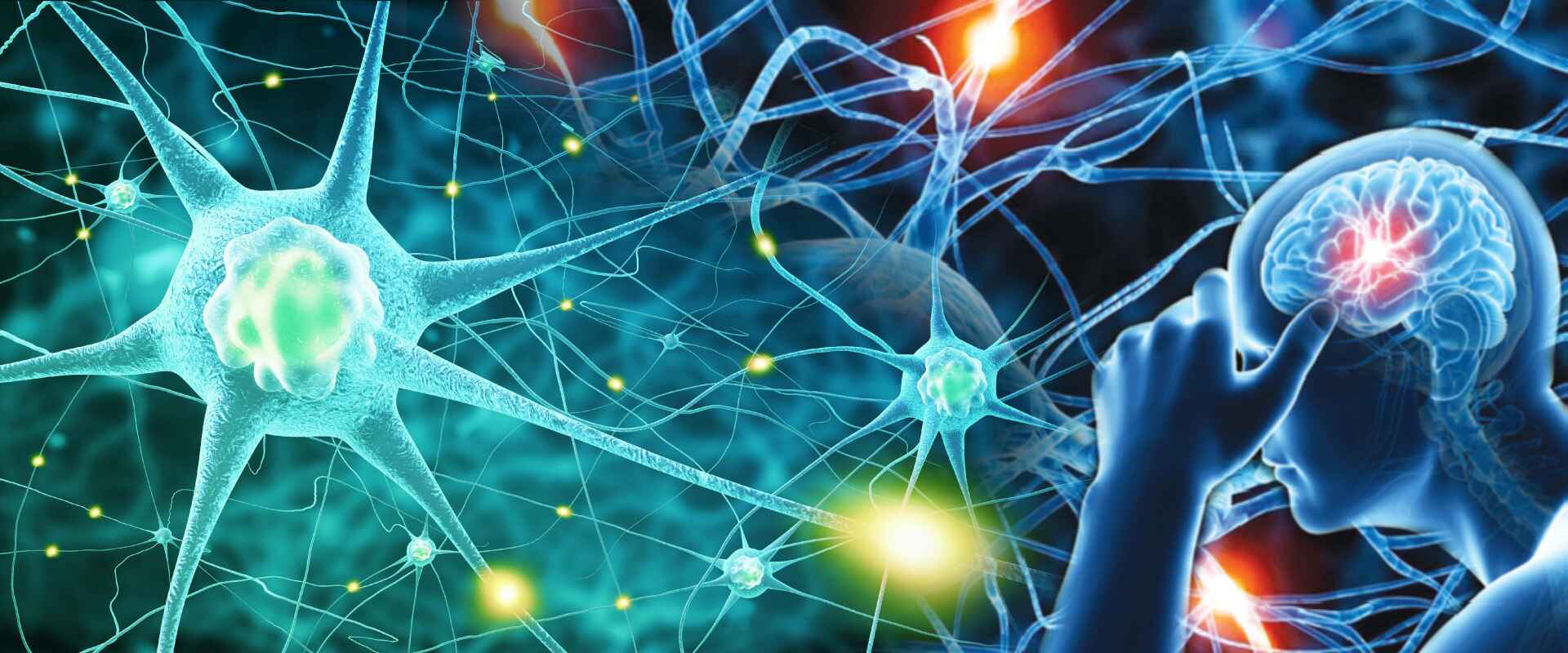Observation of rare psychosocial and mental health symptoms in ISIS psychiatric patients: a pilot study among ISIS affiliates
Keywords:
MDD, PTSD, Psychiatric disorders, Uncommon symptoms, War, Conflict, ISIS, Iraq, and SyriaAbstract
Objective: The invasion of Iraq and Syria by the so-called “Islamic State of Iraq and Syria” (ISIS) began in 2014. Millions of people were displaced and forced to migrate as a result, they suffered from mental and emotional disorders. The purpose of this pilot study is to assess ISIS psychiatric patients and report on possible unusual psychosocial symptoms that may occur among them. Materials and methods: This is a multicentre study which includes 18 patients from different mental health facilities at different IDP camps in Ninewa – nine former ISIS members and nine general control group suffering from major depressive disorder (MDD) and post-traumatic stress disorder (PTSD). The purpose of this study was to screen for unusual signs and symptoms using a semi-structured interview and a mental health assessment. Results: There were a total of nine patients from ISIS affiliates, with an average age of 29 years. The ISIS patients met the Diagnostic and Statistical Manual of Mental Disorders, fifth edition (DSM-V) diagnostic criteria for MDD, PTSD, and unusual psychosocial symptoms, but only the control group met the DSM-V diagnostic criteria for general mental illnesses, not unusual psychosocial symptoms. This is the first time that uncommon psychosocial symptoms including low self-esteem, dread, suicidal thoughts, aggressive behaviour, self-blaming, isolation, and concealing identity have been identified among ISIS psychiatric patients. Conclusion: Extremist groups, particularly ISIS affiliates, are thought to have a considerable prevalence rate of uncommon symptoms, which are thought to be unique to them. Future studies should be encouraged to learn more about these unique and unusual psychosocial characteristics in order to promote research among radical groups and develop a more effective therapy, and it might be recognized as a novel syndrome.

